Those who sit at the ends of negotiating tables hold far less power than the actor at the center brokering the deal between hostile nations. France has been given an opportunity it must capitalize on in order to secure the next step in its attempt to transition from a mid-tier power to a key diplomatic broker. President Macron has stated multiple times that he plans to expand France’s defense umbrella in response to President Trump’s isolationist approach to Washington’s relationship with the EU and NATO. A European nation must rise to fill the void that the U.S. may leave, with the aim of creating a more autonomous and secure Europe to counter Putin and his campaign in the East. President Trump has issued a two-week grace period before announcing a decision on whether to strike Iran using American-made firepower. Should he choose to attack, there will be little to no guarantee that Macron can secure a peace deal for the Middle East. This is why he must act swiftly and complete that mission within the two-week window. The critical question remains: What can Macron gain from such a deal for France itself?
An initial analysis points to French defense contractors potentially securing arms deals with either party—an outcome that is not far-fetched. Israel could purchase weapons from France due to its close alliance with the United States, while Tehran would be a much more difficult client. Signing a deal with Iran would likely require the regime to significantly reduce its nuclear program. As of this morning, European leaders have convened in Geneva to begin talks with Tehran and seek common ground between the hostile actors. Other participating countries include Britain and Germany, which have made substantial efforts in the past year to ramp up their defense industries and expand their protective capabilities.
Economic Signals and Market Ripples
The market response to both Macron’s initiation of negotiation talks and Trump’s two-week decision timeline has been twofold. Initially, the S&P 500 rebounded and rallied on Friday morning in response to falling oil prices, driven by optimism over the prospect of a diplomatic deal. This uptick was a direct result of Macron stepping forward to lead talks in Geneva, which are currently underway. Specifically, Brent crude oil fell 3.3 percent to $76.20, while the S&P 500 and Nasdaq Composite rose by 0.3 percent and 0.4 percent, respectively. When the attacks initially began last week, oil prices had risen nearly 0.4 percent, triggering a snowball effect that threatened U.S. inflation, which has remained relatively stable throughout the Trump administration. The oil market has broad ripple effects across all sectors due to its ties to travel, manufacturing, and other essential services—making this conflict especially impactful on major indexes.
Additionally, the U.S. dollar index fell on Friday morning as investors showed less interest in parking their money in traditional safe-haven assets like the dollar. The dollar is currently down 0.3 percent compared with a basket of other world currencies, trimming its weekly gains by 0.4 percent. Over the past year, the dollar has shown signs of weakness amid concerns about tariffs and their impact on global currency movement. In times of crisis or conflict—particularly those involving key oil-producing regions—investors often seek alternative safe investments until volatility subsides. This is a prime example. The dollar is now continuing its downward trend, having dropped 9 percent overall since the beginning of the year.
What Success Would Mean for Paris and the West
If Macron seizes this opportunity to act as a diplomatic broker and successfully negotiates a deal between Iran and Israel, France would elevate itself to a leadership position in the emerging global order. Those who sit at the center of negotiations command influence over the final terms, future enforcement mechanisms, and subsequent economic agreements. The central issue of the deal is reducing the threat posed by Iran’s uranium-enrichment program. If common ground can be reached, the Western world would gain a diplomatic upper hand and potentially shift focus back to Ukraine, relieving pressure on that ongoing crisis.
Beyond regional stability, Paris stands to benefit materially. French defense firms could see sizable contracts from Israel, a technologically advanced partner eager to diversify suppliers. Though any arms sales to Tehran remain unlikely under current sanctions regimes, even indirect economic gains—such as reconstruction or civil nuclear cooperation tied to non-military work—could flow to French entities if the agreement drastically curtails Iran’s nuclear ambitions.
For Europe writ large, a successful Macron-brokered deal would demonstrate that the continent can exercise strategic autonomy when U.S. policy veers toward isolation. It would also signal to Moscow that European states are prepared to fill security vacuums, thereby strengthening deterrence on the continent’s eastern flank. Conversely, failure within the two-week window may leave France perceived as overreaching, weaken European unity, and force Israel to rely exclusively on American military guarantees.
President Trump has given Macron a rare window of opportunity to become this type of power broker. The outcome of this effort will play a major role in shaping France’s future role in defense and security within global politics.



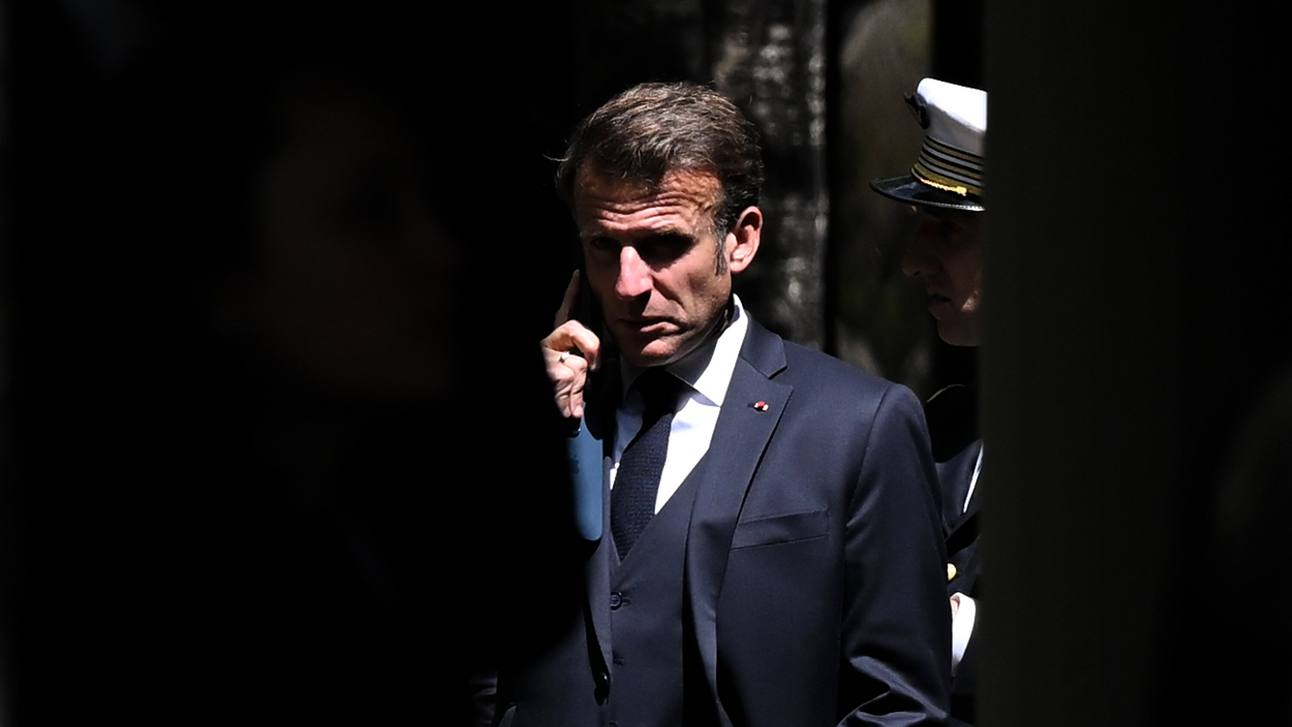
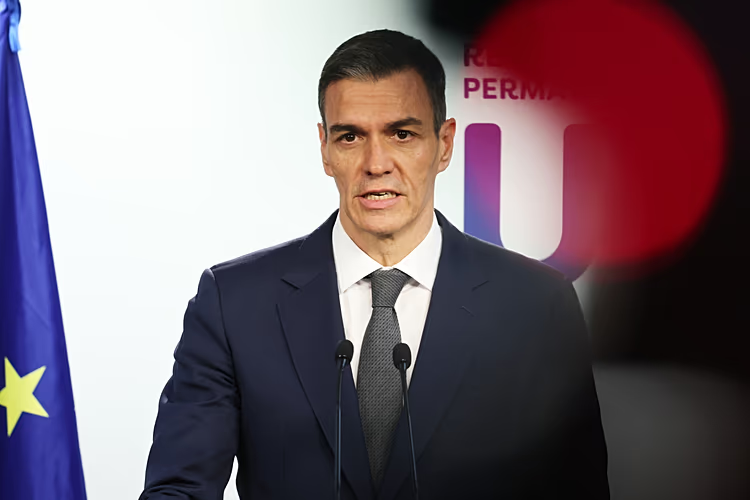
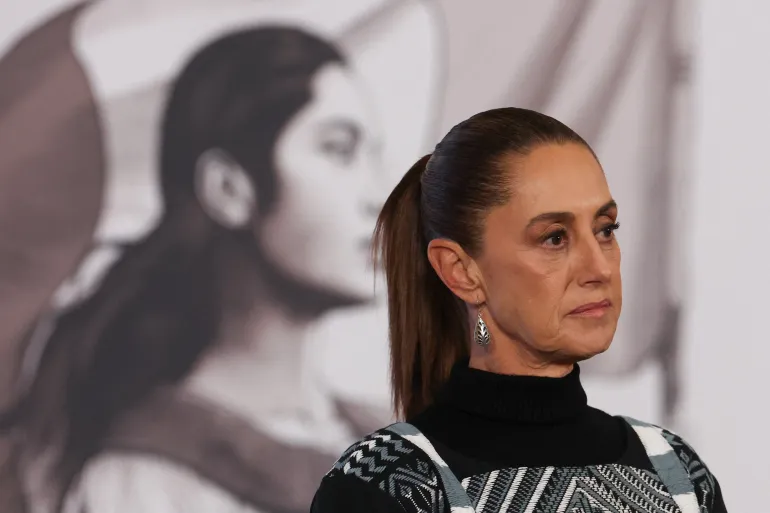
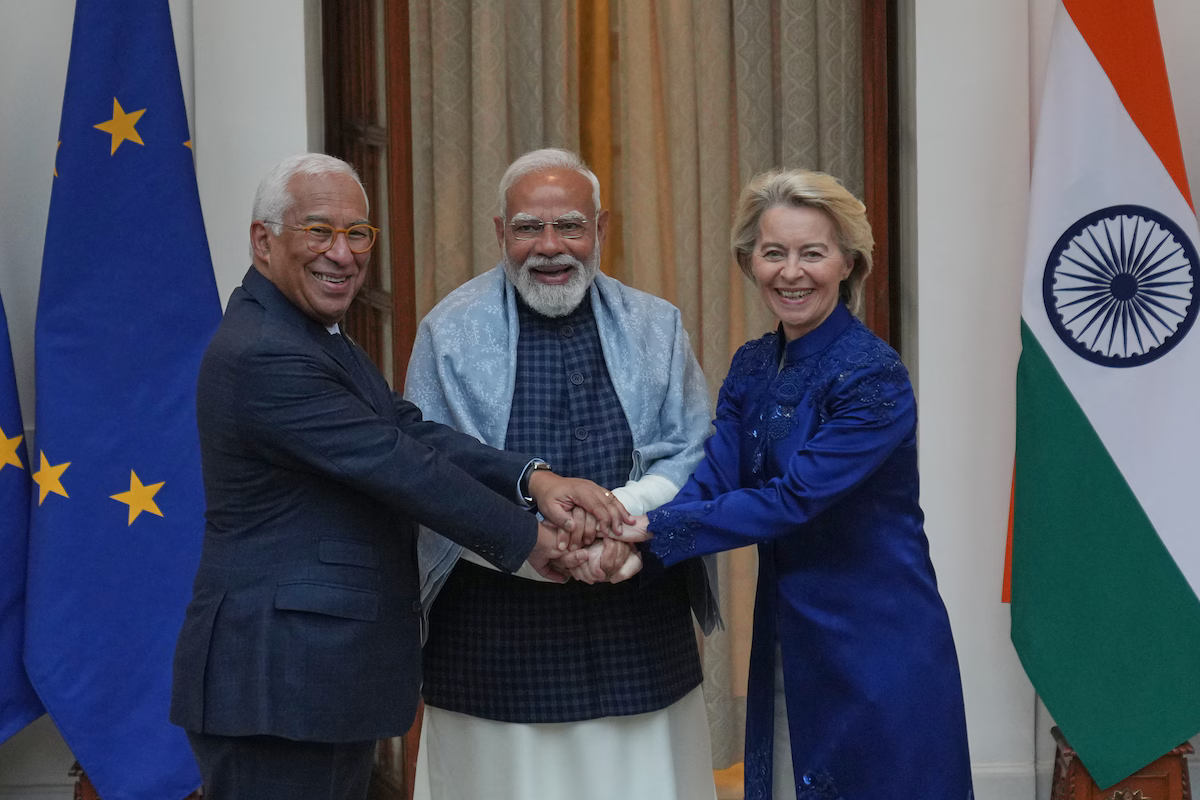
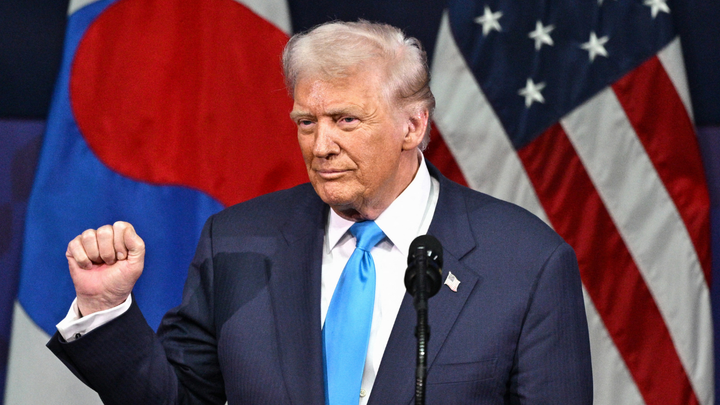

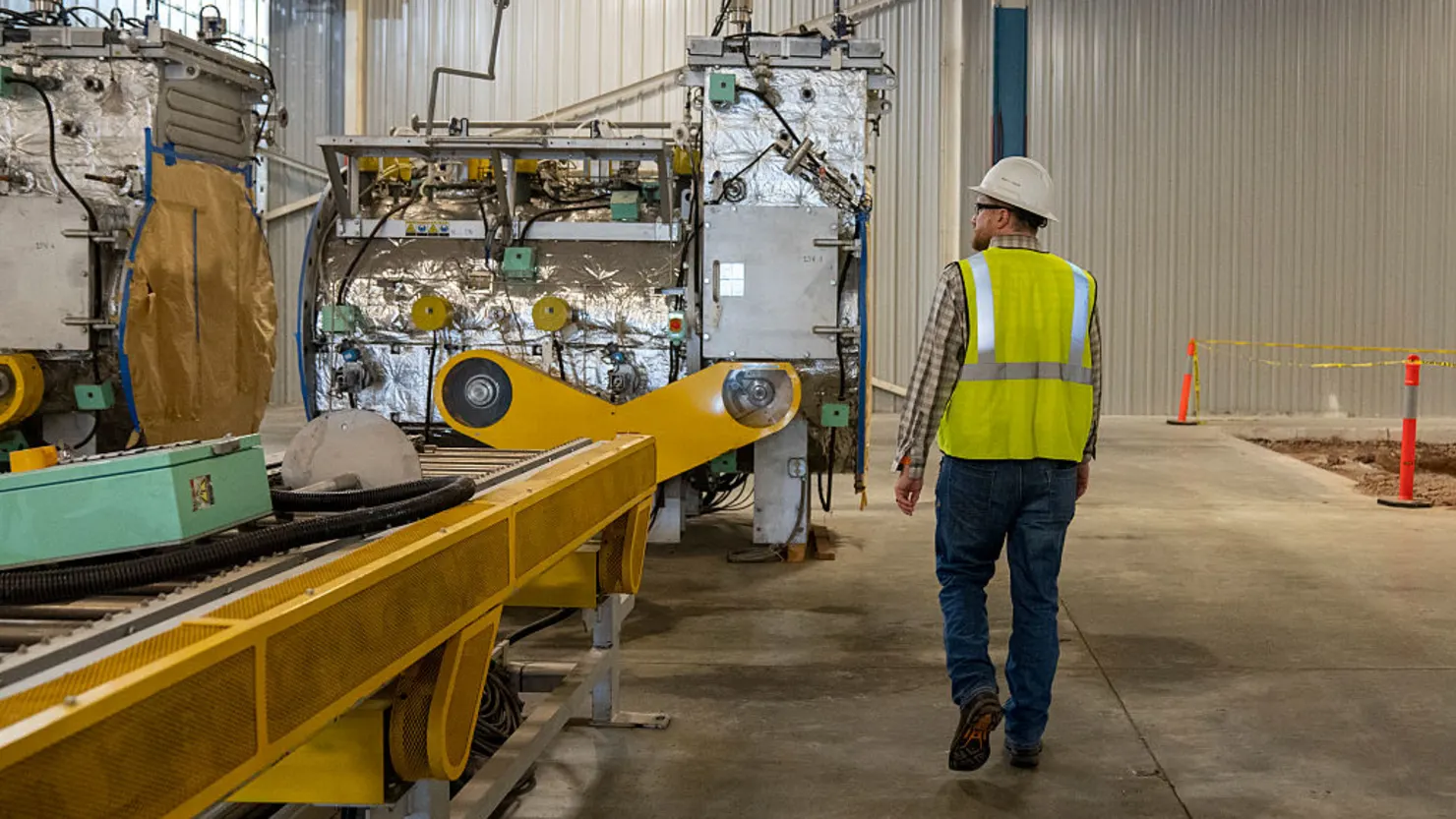
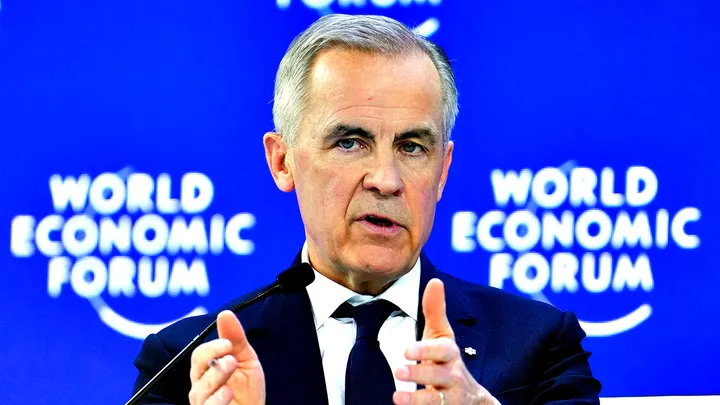
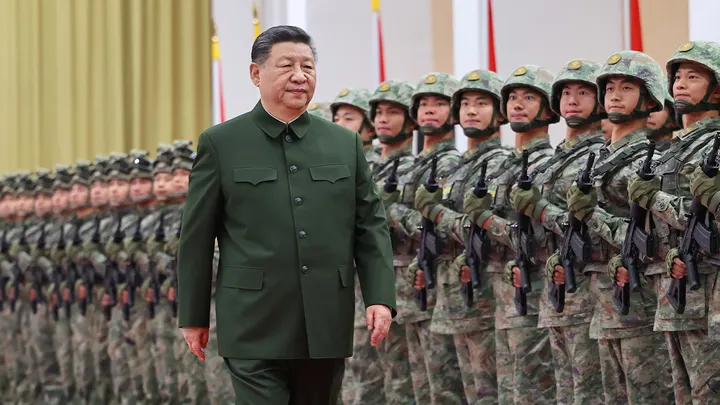
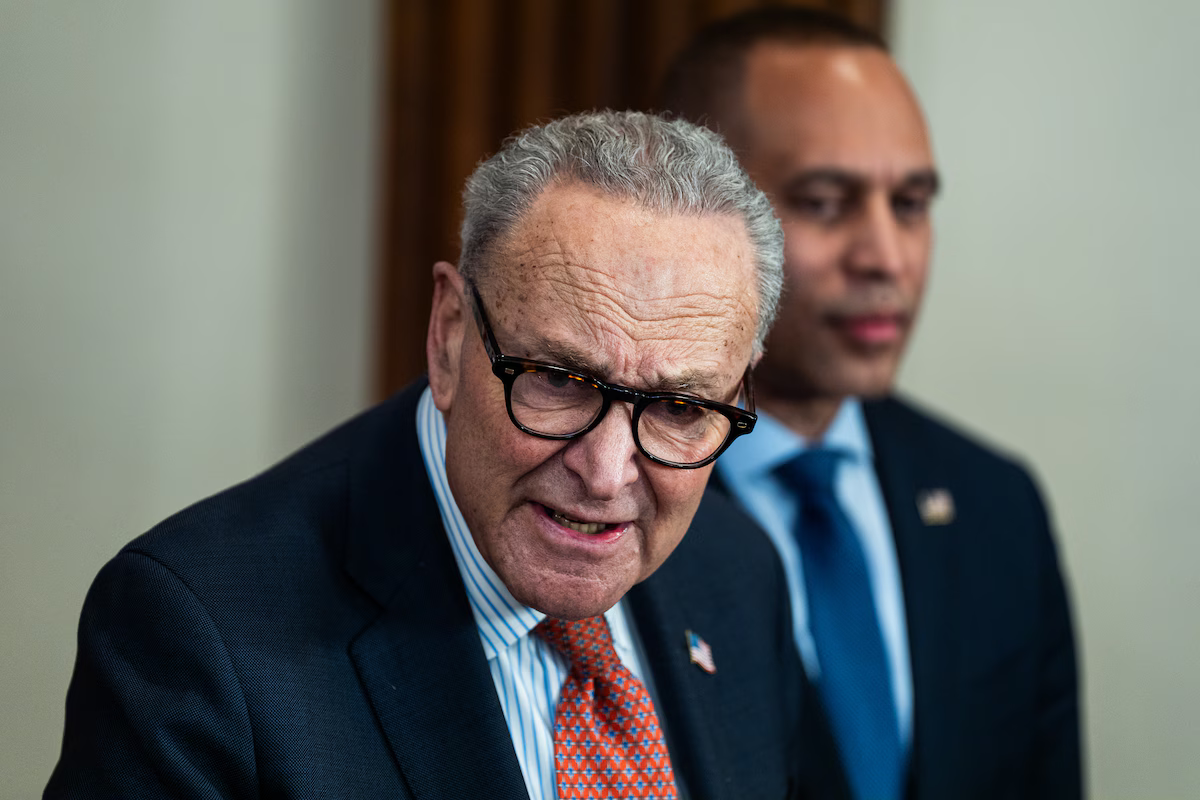
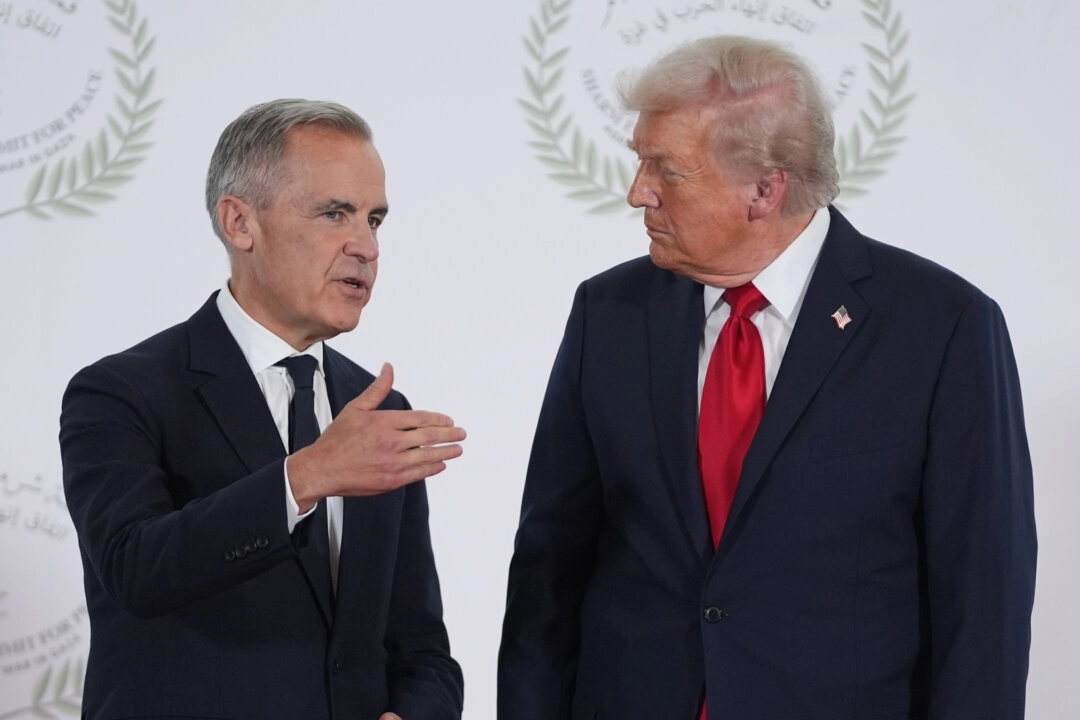
Discussion